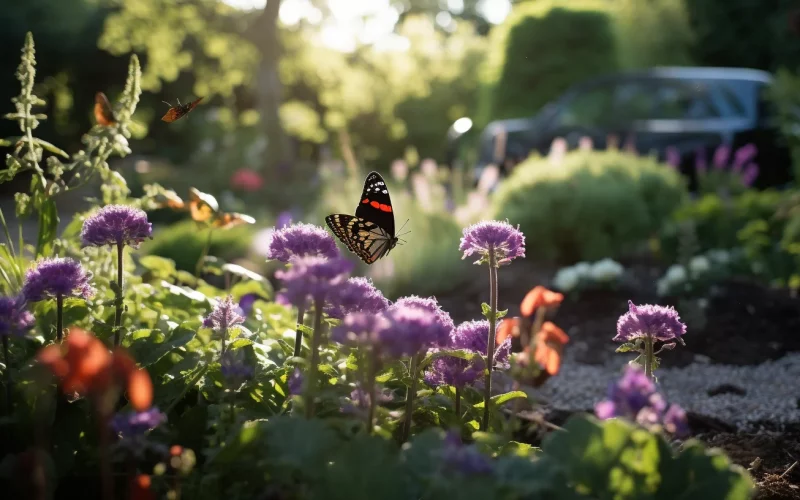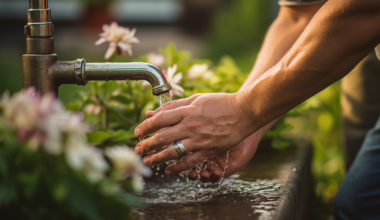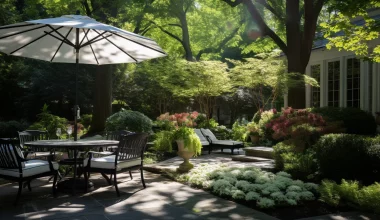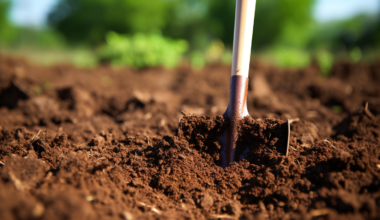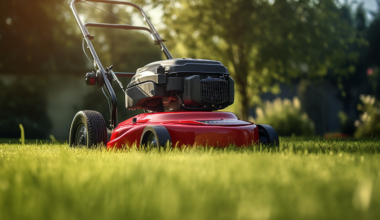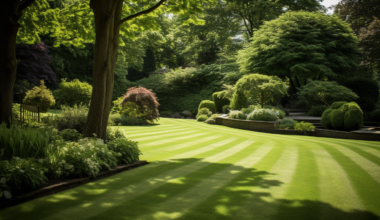Gardens filled with fluttering butterflies and buzzing bees are not only a delight to behold but also play a crucial role in pollination. By attracting bees and butterflies to your garden, you’re contributing to a vibrant ecosystem. Here’s a guide to planting for pollinators and how you can create an enchanting space that benefits both you and nature.
Understanding the Importance of Pollinators
Before we delve into the planting details, it’s essential to understand the importance of pollinators. Bees, butterflies, and other pollinators help in the reproduction of flowering plants by transferring pollen between flowers. This process leads to the formation of fruits and seeds, ensuring the continuation of plant species. In fact, many of our favourite fruits and vegetables are reliant on pollinators.
Selecting the Right Plants
To attract pollinators, focus on planting native plants that provide nectar and pollen. Here are some excellent options:
- Flowers: Lavender, Sunflowers, Coneflowers
- Herbs: Mint, Rosemary, Thyme
- Shrubs and Trees: Buddleja, Hawthorn, Willow
Remember to choose a variety of plants that bloom at different times to provide food throughout the seasons.
Creating a Pollinator-Friendly Habitat
Beyond planting the right flora, consider the following practices to make your garden a haven for pollinators:
Provide Water Sources
A shallow dish with water or a bird bath can serve as a drinking spot for bees and butterflies.
Avoid Harmful Chemicals
Using organic pest control methods ensures that you’re not harming the pollinators you’re trying to attract.
Provide Shelter
Create sheltered spots with rocks, logs, or nesting boxes to offer places for pollinators to rest and lay eggs.
Monitoring and Enjoying Your Pollinator Garden
Once your garden is established, enjoy the sight of bees and butterflies as they go about their vital work. Keep an eye on the plants and make adjustments as needed. Engage in citizen science by reporting your observations to local pollinator projects.
Conclusion
Planting for pollinators is a rewarding endeavour that adds beauty to your garden and supports vital ecological processes. By choosing the right plants and creating a hospitable environment, you can enjoy the mesmerising dance of bees and butterflies while contributing positively to the environment.
With these guidelines in mind, embark on the delightful journey of attracting bees and butterflies to your garden, and watch as your outdoor space transforms into a bustling hub of life and colour.
